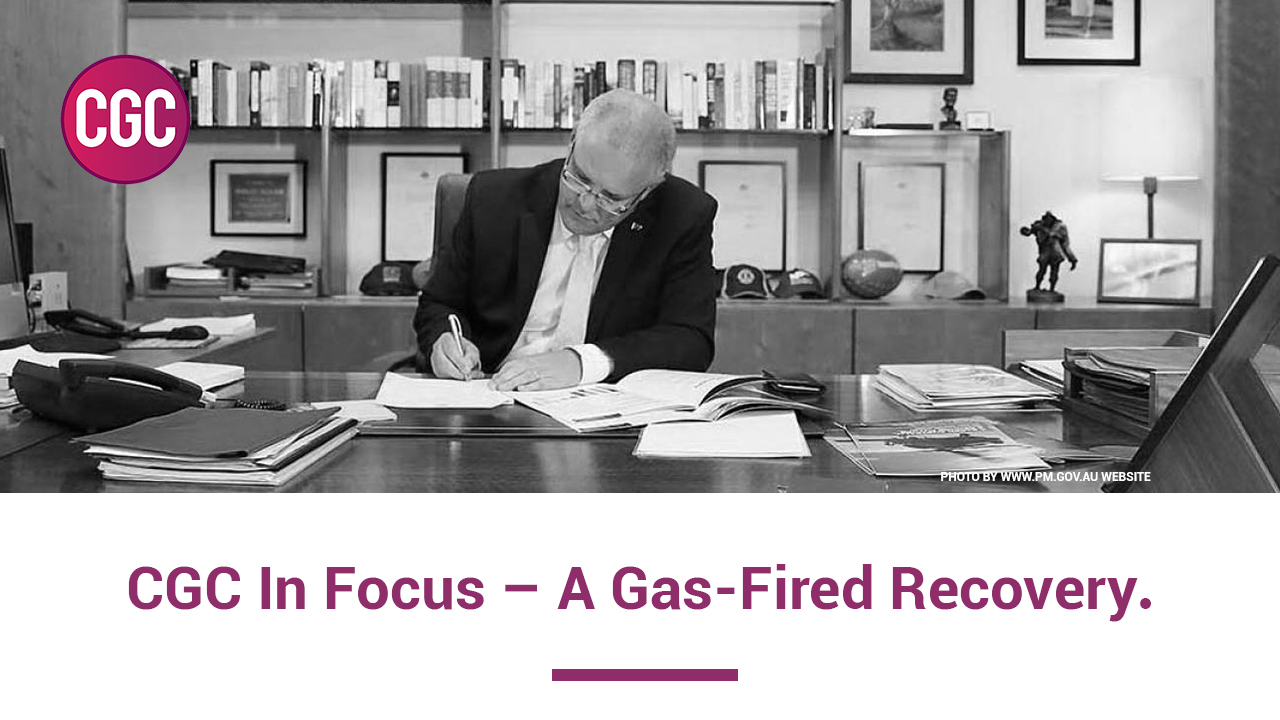
Recruitment trends in 2022 - Brisbane
With its warm climate, housing affordability, and laid back lifestyle, it’s no surprise that we’ve seen an influx of domestic migration to the Sunshine State.
Read moreFrom major infrastructure to smaller local projects, there’s currently an abundance of work in the engineering sector - covering both multidisciplinary and niche firms.
This gives businesses two distinct opportunities. They can choose to consolidate and stick to their core offering or they can diversify into other disciplines - offering clients more services, but potentially taking on more risk and reward.
Where does your business stand? Is it time to grow or consolidate over the next three to six months? And how will this potentially impact your recruitment and HR strategies? We’ll investigate these questions in the following article.

CGC is seeing examples of clients that are building additional and complementary capabilities in their businesses to service clients more holistically. However, at the other end of the spectrum, some businesses aren’t willing to take on any additional reputational or operational risks by employing people outside their core service lines.
In a rapidly growing and changing market, can companies afford to tread water? If the aim is to stay still in a changing environment, you might unintentionally be going backward! Maybe not in the short term, but if competitors are diversifying, they could erode hard-won market share over the longer term. And, in volatile times, this is often at the core of corporate strategy setting, which, of course, drives resourcing.
Intrinsically, engineers want to stretch themselves and solve bigger and more complex problems. So if companies don’t grow and take on interesting work, businesses could struggle to retain and even attract top talent. For recruiters, it’s often compelling to talk to engineers about dynamic cultures taking on interesting projects with new technical challenges. It’s an easy sell!
On this journey, these growth factors don’t necessarily focus on technical skills. Clients must also consider business, management, and sales skills, plus skills in other areas. Because many engineers are technically strong, but don’t always have the client-facing skills, there isn’t always a depth of aptitude in the market. This makes finding well-rounded candidates - or those willing to learn these skills - difficult.
This can be a challenge, or a barrier to growth, for companies as they don’t always have the right people to win work or manage clients. So companies are getting creative to solves these issues, which includes upskilling and bringing in technical support services to help their teams.
In some instances, we have seen mergers, acquisitions, and partnerships help provide diversified offerings. But these can be difficult to manage and require new leadership. The resulting changes can impact the culture both positively or negatively, which can influence HR and recruitment.
Over the years, the government has been working hard to plug Australia’s talent shortages. Historically, one strategy has always been to target international talent pools, however caps on arrivals due to the pandemic are making mobility difficult.
This works for large businesses that have the infrastructure and talent globally to redeploy staff as required. Of course, this means they don’t have to recruit locally and can rapidly bring in people and/or teams who understand their business, operations, processes, culture etc.
While there have been changes to visas and fast-tracking opportunities, this is not filtering through to people arriving. And that’s unlikely to change in the short term.
The lack of skills and availability are forcing companies to get both creative and strategic, making hiring and onboarding part of a company's future vision. This means organisations need to look beyond technical skills and consider factors, such as:
The engineering sector has a wealth of opportunities, but there’s still the age-old issue of skill shortages. These are now further compounded by the mobility and working constraints of the pandemic. For companies with the right recruitment strategies, there are short, medium, and long-term opportunities from major infrastructure to smaller local projects.
While the appetite for risk could be a limiting factor, businesses should be taking on compelling work with a clear proposition. This then flows through the business and creates client attraction and EVP (employer value proposition) for candidates. This doesn’t mean you’ll attract everybody, but you’ll attract the right people.
Strategic hiring is not a rushed decision. It's a process that involves planning and onboarding to produce better outcomes for your business. CGC can help you start recruiting. Our collaborative approach means we can ensure the needs of the role aligns with the current and future needs of your business.
CGC Recruitment is a specialist construction, infrastructure, engineering, and architecture recruitment consultancy. We view our clients as our partners and work closely with them to meet their business needs. We work with some of Australia’s largest construction brands through to specialist SME’s and boutique consultants. We have proven experience delivering permanent, contract and retained recruitment solutions, consistently providing the right candidates for the right roles at the right time.
If you have an active role you’d like to discuss or just want to talk to a specialist consultant, please contact us. Alternatively, you can complete our online client form and a member of our team will contact you.

With its warm climate, housing affordability, and laid back lifestyle, it’s no surprise that we’ve seen an influx of domestic migration to the Sunshine State.
Read more
Many Australian organisations, particularly those tied to infrastructure projects, are struggling to find skilled workers. This is partly due to skill shortages, reduced mobility due to border...
Read more
With the rise of megaprojects and a strong tender pipeline, there’s an abundance of opportunities for mid tier jobseekers right now.
Read more
We have good news - the infrastructure sector is bustling with opportunities for jobseekers - Infrastructure Australia highlighting 44 new proposals delivering $59 billion worth of projects this...
Read more
The construction division of CGC Recruitment consists of a team of specialist and experienced consultants who service our clients’ needs. With years of experience behind us, we understand the...
Read moreWelcome to our March 2017 newsletter where you are fortunate enough to hear from both the Sydney head office and the Brisbane branch, aka Swindon. David Hope will enlighten us all about the current...
Read more
CGC Projects in Focus - Brisbane Quarter (300 George Street)
Read more
In the third of our MarketWrap series, we take an overview of the Australia’s Engineering and Architecture marketplace over the past financial year and look ahead to the coming year.
Read more
In CGC in Focus, we continue to look at the major economic and industry developments, government decisions and investment, and large-scale projects that currently impact our sector. In this blog, we...
Read more
© 2022 CGC Recruitment. All rights reserved.
Terms & Conditions Privacy Policy Contact